We’re excited to launch the FuturePerfect Podcast where we talk with compelling people breaking new ground in art, media, and entertainment. The podcast is produced by FuturePerfect Studio, an extended reality studio creating immersive experiences for global audiences. Episodes are released every two weeks, visit our website futureperfect.studio for more details.
The text version of this interview has been lightly edited for clarity. Find the audio version above or in your favorite podcast app.
This week Wayne Ashley interviews Krzysztof Garbaczewski, a theater director from Poland and founder of the Dream Adoption Society. He is a graduate of the Faculty of Theatre Directing and Dramaturgy at the Ludwik Solski State Theatre School in Kraków.
He uses the medium of theater to touch upon existential issues and search for the limits of human experience. Since 2017, Krzysztof has been developing a new theatrical language using 3D virtual environments, avatars, physical scenography, and live actors. He combines these into carefully crafted mixed reality experiences for both online platforms and theatrical audiences.
What was the impetus for your shift from classical physical theater training into a focus on the virtual?
Krzysztof Garbaczewski: Theater has this ability of being a very experimental field for human interactions, and from the beginning, that’s been important for me. From this approach I became very interested in playing with the audience’s expectations and I began to use live streaming techniques. For example, when the audience comes to the theater they suddenly see a screen in front of them completely covering the stage and see that there are people behind the screen. Almost like in Plato's cave with the performers moving like shadows. It’s also important for me that all the footage we are using is made live. Even if it is happening in virtual reality, my work is still live. I think there's some amazing energy around being with the audience in the same room in this process.
Theater has come to an end for you in some way. Theater has failed or it's no longer a site for experimentation and innovation. Something about that is thrilling to me.
KG: There is something about reaching this end especially in the work of Grotowski. He reduced theater to the basic elements of the actor and the spectator. At some point he crossed this division into some kind of form that starts to be ritual. Grotowski was looking for ritual in theater. I'm looking for it in this digital form of theater. Ritual is something that connects us.
Grotowski had this term art as vehicle. For me it became really interesting to interpret that as digital art as vehicle. He was trying to show the boundary between the spectator and the actor. The actor is in the process of reaching some higher energies through gathering the energy of the spectator and performing some very codified movements and songs to transcend his condition. Somehow I saw that that is exactly what is happening for us when we are using VR headsets. But through technology we can reach this state in a very special way and practice much more quickly.
All of Grotowski’s writings are very inspiring for me. At some point he was unsatisfied with conventional theater and was in search of a form of theater that was alive. I think this aliveness is maybe not found in the conventional stage of the theater. (Laughing) Suddenly I am recognizing myself as someone who is making similar choices, but maybe in the opposite direction. But this direction is so opposite that I still feel very close to Grotowski. If he was alive today maybe he also would have also made VR.
There's this spiritual and philosophical dimension that underlies your use and understanding of technology. You speak of transcendence and mysticism. You've talked about Plato and about the world as a simulation. You've brought up all kinds of transcendent ideas about technology. Tell me about those mystical ideas that you see in technology. How does that effect that way you work?
KG: Since I studied philosophy years ago, it was always very tempting for me to stage The Symposium by Plato. It’s one of the most significant philosophical pieces in the whole of human history and it’s also a dialogue. It has parts, people are talking to each other, and in a kind of naive way that seemed to be perfect for theater. We did Symposium in Warsaw a few years ago. It was very successful and is still playing today, seven years later, to a full house. I find it kind of funny, you know, that people come and listen to Plato for two hours.
All the Plato categories are also very inspiring for VR. With Plato’s cave there’s this feeling that there’s something behind the reality. Something behind our matrix that we live in. I have this intuition that technology is not something that is getting us farther from this essence, but actually can get us closer to it.
It is similar with nature, which is a problematic term because all of the nature in the world has become culture or agriculture. There are no white spots on the maps anymore. Technology reveals to us new fields of research that we can apply to human consciousness. Tools like virtual reality or artificial intelligence allow us to recognize ourselves more. For me, this process of working with the virtual is like an alchemic process—where we bind some elements that are surprising and new—like new creations, creatures, avatars and all other digital entities that are starting to populate our world and we can interact with them.
There's a whole new set of tools for theatrical composition, dramaturgy, and audience experience. You not only have the theater, but you also have the VR space, live film, and the possibility for another remote audience to connect through VR to the work. Give us a sense of what it's like to enter a theater and experience one of your works.
KG: It’s something that works on my consciousness and the consciousness of the audience. We use all those tools to discover some new field for this consciousness to come together. Actors perform on the stage in VR headsets and then their avatar is transmitted to a screen onstage and we can see the actor performing live on stage but also performing in the virtual world to a virtual audience.
I somehow feel that all these things are there on the stage, not always physically, but in a mediated form. This opens up philosophical questions like what is this reality? What is time? How do we experience this time when, suddenly, an actor is performing somewhere far away, but also very close? And this effects us and gives us very different sensations, so I'm looking for those sensations and trying to make poetry out of it.
Here, Faust is important for me as a poetic language. All these things we are using are like words and poetry. They combine into very paradoxical meanings and sometimes work against our common sense and understanding of reality. For the audience, I think it's sometimes pretty shocking to experience this, but it's like a good shock, you know. It takes us out of this normal state of just participating in this reality without questioning it. We need to question this reality to somehow make this world a bit different.
In Goethe, this is very special for me right now. A lot of freaky stuff is happening during the rehearsals. Goethe somehow becomes this spiritual experience of gathering different ghosts. Faust is calling those ghosts in the beginning of the drama and we are in a similar process of calling those ghosts. Sometimes I feel that Goethe is somehow present with us and guiding us through this process that is also a very hallucinogenic experience.
There’s this part where Faust is drinking this potion—the witches potion that is making him younger—and there’s a guy who made the potion himself in the 1950s. He was drinking this potion with his friend and they both had a very intense experience. And I feel it’s like a trip somehow, this poetry, but described in a very mystical and philosophical language.
You talk about the importance of theater as a space to explore boundaries. What kinds of boundaries do you think technologies enable us to cross?
KG: Boundaries of time and space and boundaries of our understanding of being together, these are the main boundaries that we are crossing.
For example you mentioned earlier that you watched my piece Exegesis that we did together with La MaMa in New York and CultureHub. It’s inspired by the novel by Philip K. Dick, this amazing diary of transcendent experiences he had. He then describes that he spent the rest of his life trying to understand what happened to him.
We were meeting for our rehearsals and recordings in virtual reality. We were spending all our time together in VR together with Jim Fletcher, Danusia Trevino, 3D artists like Anastasia Vorobiova, composers, and actors. And it was amazing to create this utopian digital community that is making theater and suddenly crossing boundaries. We were crossing this fact that at the time we couldn't just meet together and it was opening some new possibilities.
I like that you are sharing the very positive and productive aspects of virtual production, because some of my colleagues would say you can't make live performance unless the bodies are in the same space and time. So I'm very excited to hear you talk and actually promote a different way of working with new results when you can't meet in the same space and time.
I think here there is no opposition between those two fields. Of course, it’s very funny to go to theater and it’s also very funny to go to digital theater. I think both forms have their reason for existence. But for me it was, just recently, more mind blowing to experience all these virtual pieces because of the possibilities that it creates. With all the possibilities of creating things that are really not possible to experience in reality. This is in a sense hallucinogenic, but it’s like hallucinating without drugs, just through technology you can reach those levels. I feel that presence is still present, but maybe you need to spend a bit more time for your consciousness to really adapt to it.
In theater, after finishing a performance, we hug each other when we do it live. We were doing the same after playing digital performances. It was maybe a bit awkward to hug someone and suddenly experience that you had just touched a bunch of scattered polygons, but the feeling was still with us. With the development of technology this will become something really powerful for performance.
In this piece The Artist is (all but) Present (the title is a joke on the Marina Abramović performance, but it also was maybe the most Grotowski piece that I made) the theatrical situation was really reduced. The spectator was wearing HoloLens glasses and was seeing the hologram of the actor on the empty stage. It was really amazing visually. The performer and spectator were creating poems together and everything the spectator was saying was appearing in the room, flying as words in space. It’s really something you cannot experience any other way. You’re participating in this poetic conversation and this creation is somehow automatically appearing. These are the kinds of moments that makes this work really new.
I'm remembering this moment in our first encounter on Zoom, where you said that you have a distaste for the idea of story and that we should stop using the word storytelling. I’m very attracted to that. In the past few years the whole discourse, from marketing to theater and performance venues, has been that everyone is going to be telling their story and that storytelling is the most important thing that human beings do. So I was taken by your distaste for that. Do you remember what you were communicating to me when you said that?
I would maybe make the supposition that experience is something more significant than storytelling and that not everything can be put into storytelling. Storytelling is something that is happening in time and experience is something you can have immediately like enlightenment. Enlightenment is of course a very big thing, but it doesn’t always have to be this big thing. It’s also those moments where you understand something in one second and you grasp all the meaning. When you try to tell a story out of that or try to describe that meaning it is suddenly all lost. You have to spend another week and write and essay and a lot of sweat to bring it back.
I feel we are losing something by storytelling. We are losing some potential of the art by just putting everything into a story. We are closing ourselves on this much deeper experience. Like the fact that an art piece can leave you speechless. What then about storytelling? Of course if you expand the meaning of storytelling into some other realities or meanings, maybe then both make sense again. But I feel some possibility of art, metaphors, and abstract art can just go directly to your mind and your soul and change you.
Change for us is some kind of mystery. I don’t want to say that I’m a mystic here, and some psychologist could put it in better words, but this change is very rapid it’s just happening. One day you wake up and you’re someone else. It’s the same with art, you experience something and you don’t exactly know why it’s so important. But then it comes back to you and becomes this very significant moment in life. It’s like falling in love, it’s more like a process than storytelling.
This last image of you before we stop—this image that you sent to me of you in your boat. The boat is a very powerful symbol. It's not stable, it’s not on land, it’s in the process of going somewhere else. There’s a journey and potential threats and crises. It's also about leaving somewhere to go somewhere else. Tell me where you are with your boat right now.
I call it liquid modernity. It's like surfing on liquid modernity, a term by Zygmunt Bauman, a philosopher based in England. (Laughing) Even today I was just thinking, my god, I chose the most unstable home I could imagine. We started by talking about the war that is happening right now. And we see that all these things that we think are stable are shifting and becoming at times dangerous. But of course this idea appeared to me before that. I’m not yet a refugee escaping on a boat. I’m more like Odysseus going for a moment to another island and then turning it into a trip for 10 years now. We’ll see.
I also wonder how to make digital art on a boat using, as much as I can, sustainable energy from the sun and wind and traveling by those means of the wind and water. I like the knowledge that is necessary. The weather and the navigation and the stars and how you can use it for setting the point where you are like in those old times. Somehow for me it’s a very modern experience in a way, of trying to see the changing points, and not being in a stable position, and always in some kind of movement.
So when is your next trip?
I just have to finish this Faust piece and then I’m going on the sea.
Where are you going?
I have the boat in Poland right now. So I will probably go to Norway or Denmark or Germany. Or somewhere farther, hopefully reaching the Mediterranean or Iceland. Iceland is cold, but still very fascinating.
I think this is a good place to stop to imagine you on this boat, leaving Poland to Iceland. And your journey with all of its stabilities and instabilities. and tools for locating directions and points of references.






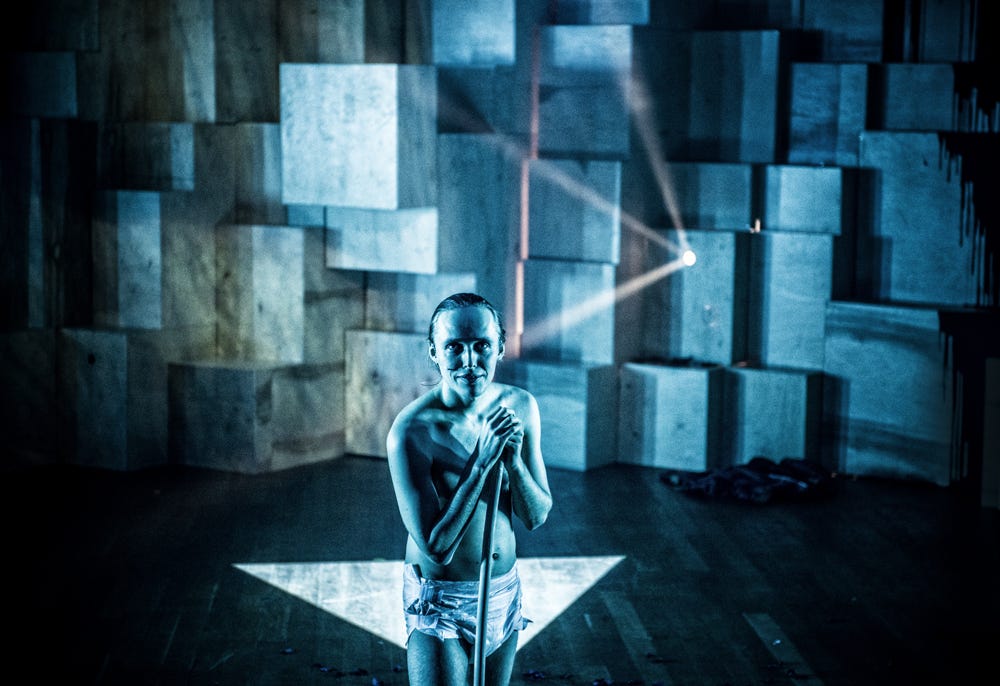
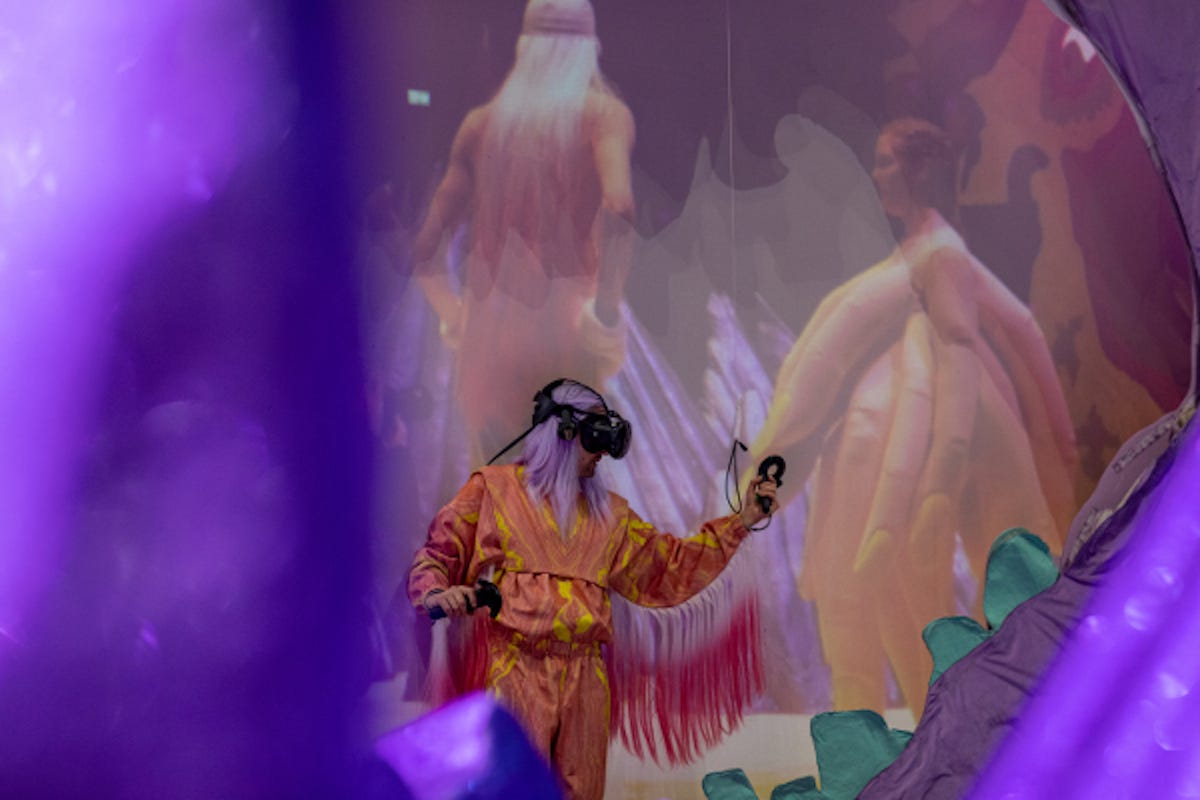
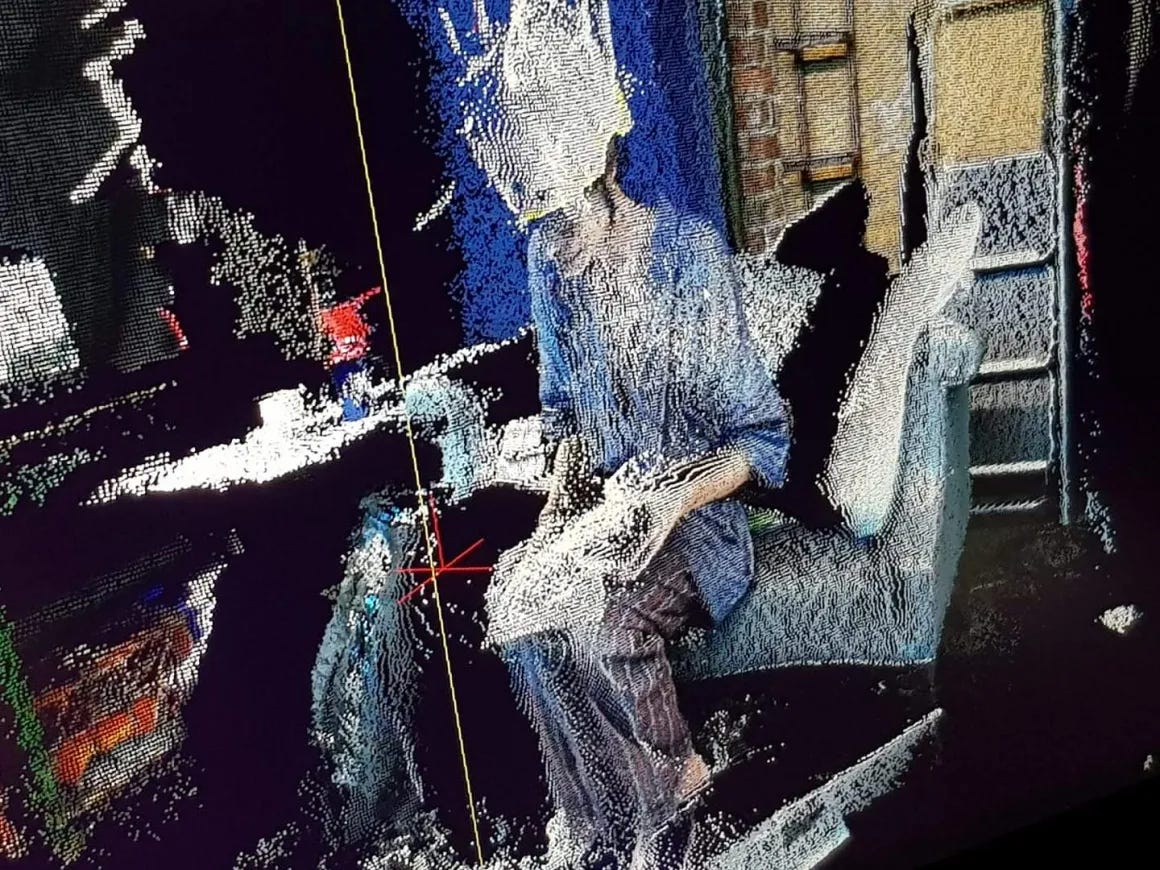
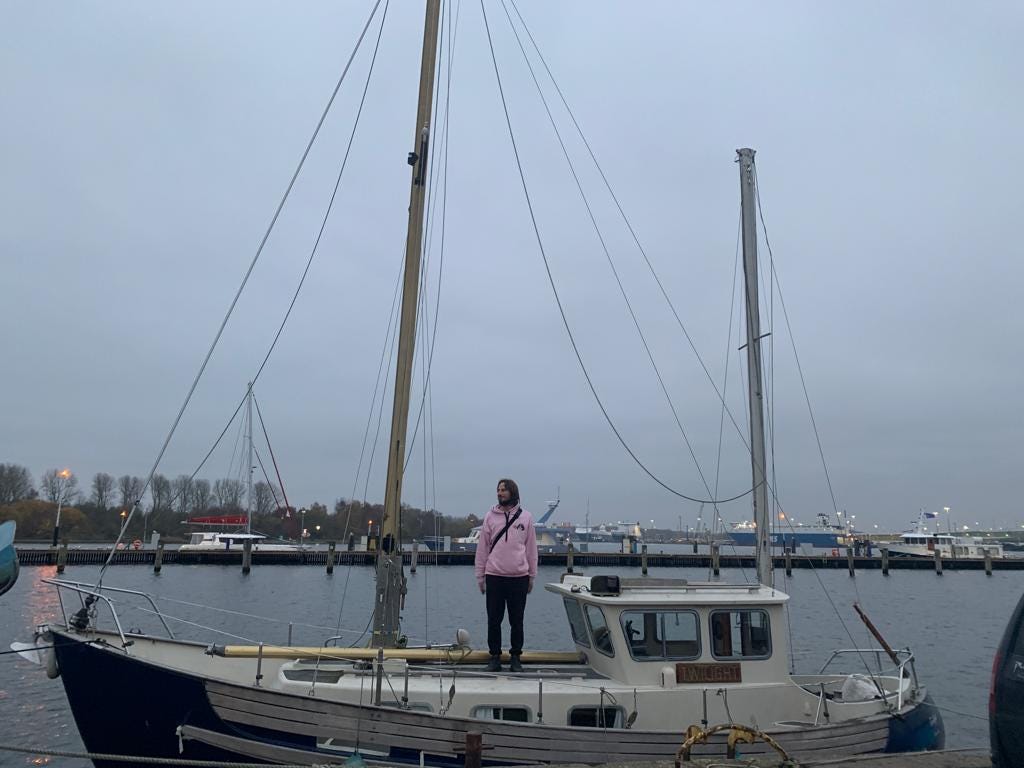


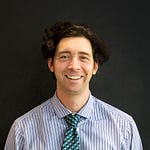
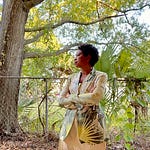

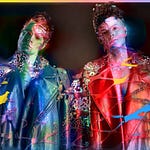
Share this post